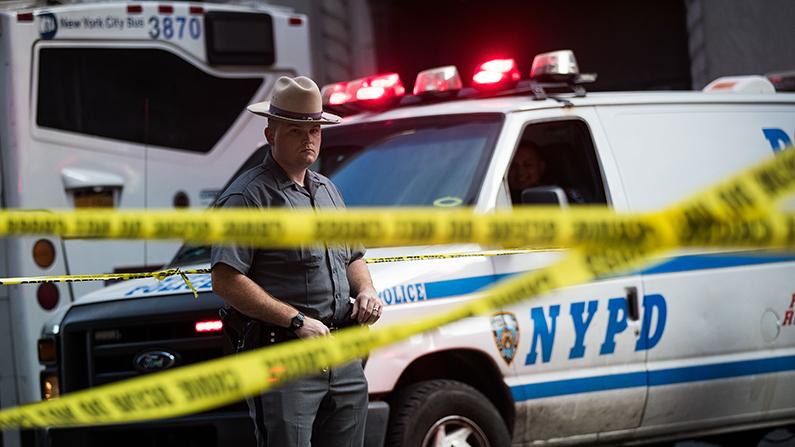Pharmaceutical executive Gigi Jordan, who was convicted in the death of her young autistic son, committed suicide less than a day after the Supreme Court revoked her bail and while her manslaughter appeal was still pending before the high court.
Supreme Court Justice Sonia Sotomayor ordered Jordan’s bail rescinded late on Dec. 29, 2022, as The Epoch Times reported, a little more than a week after the justice unexpectedly ordered her freed.





